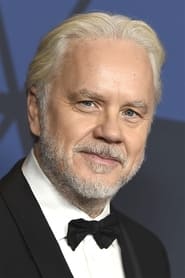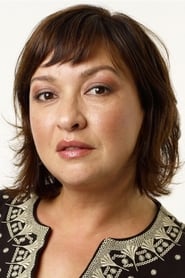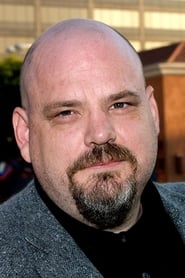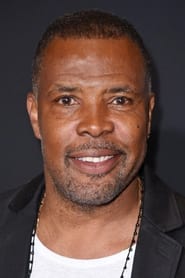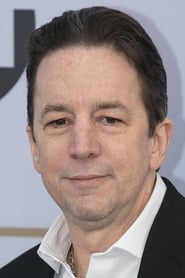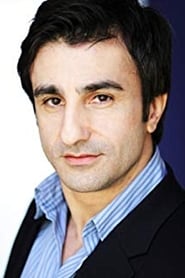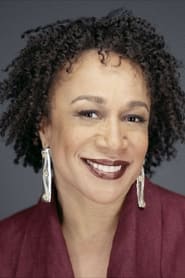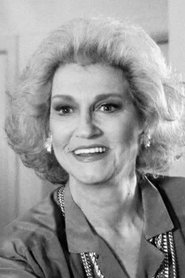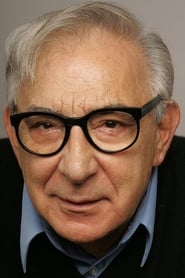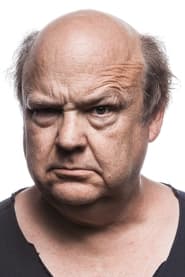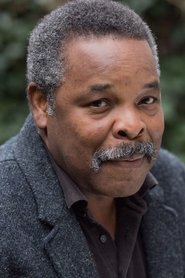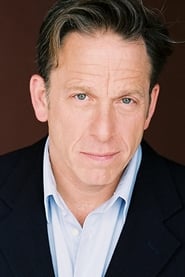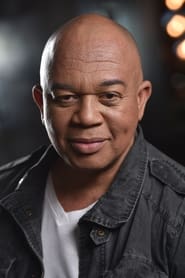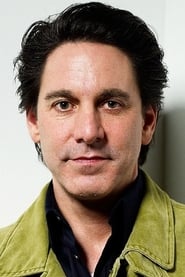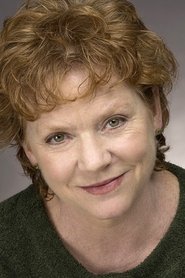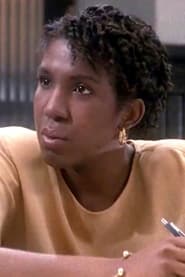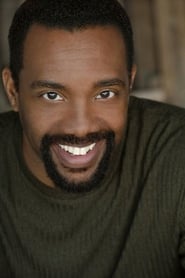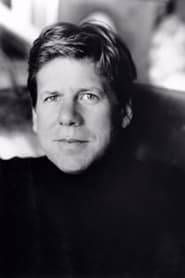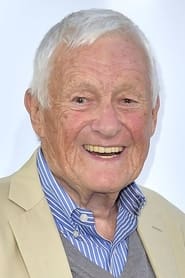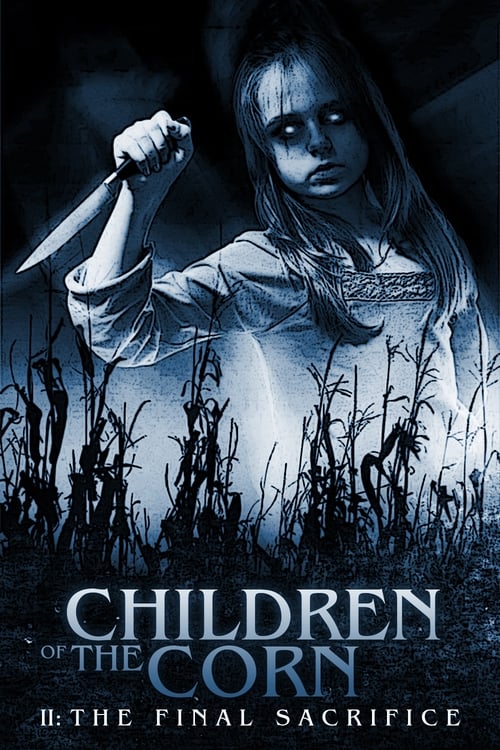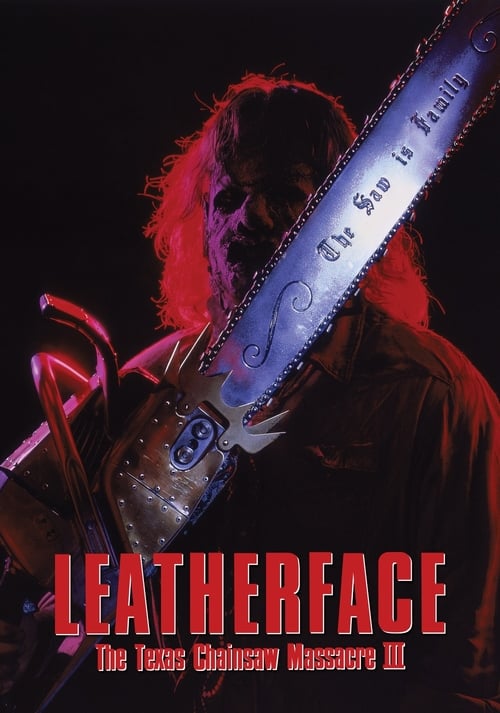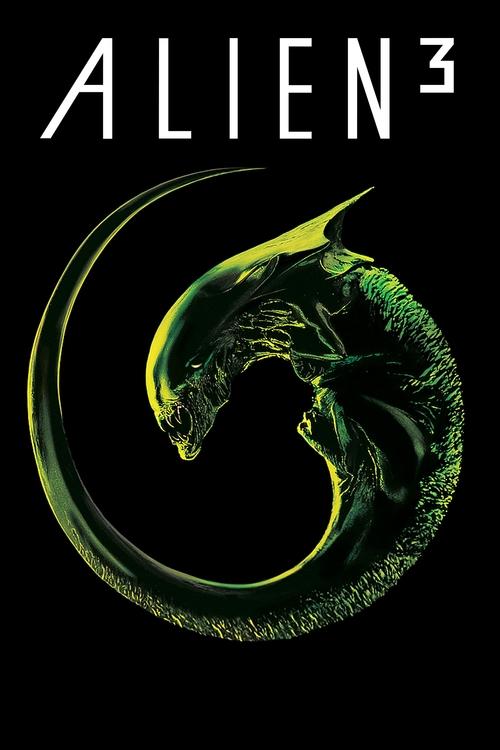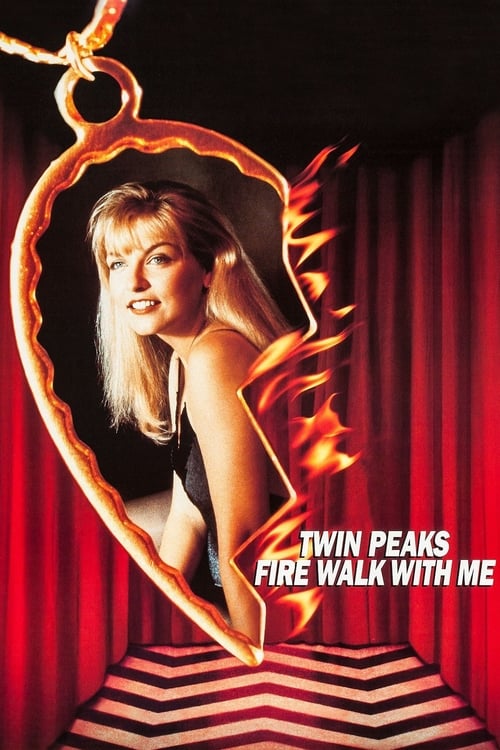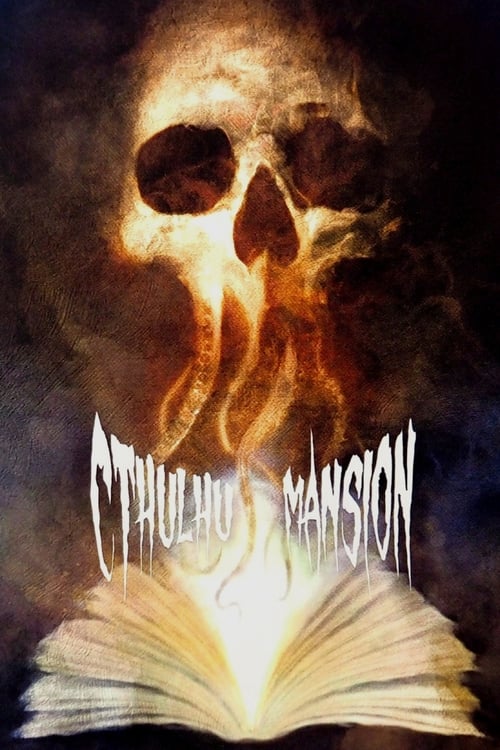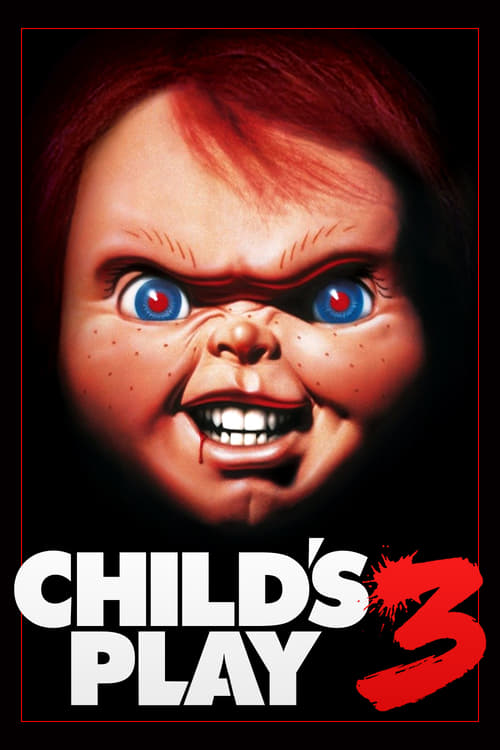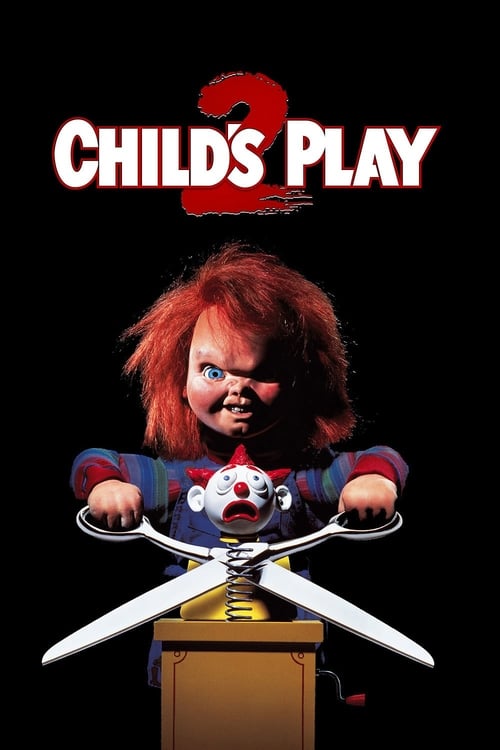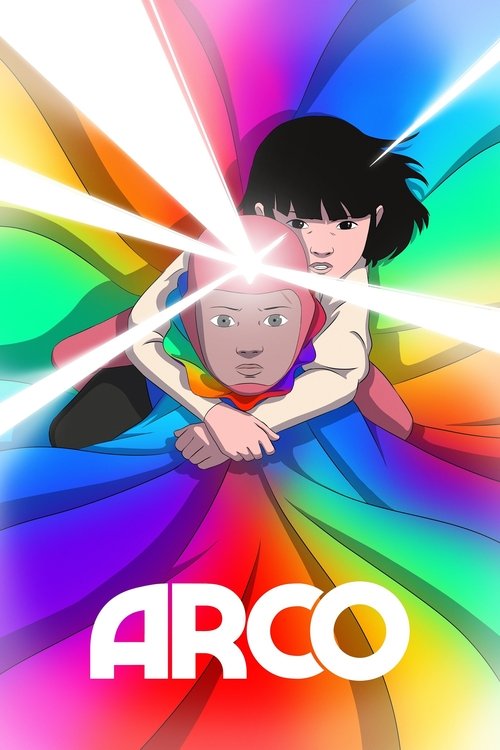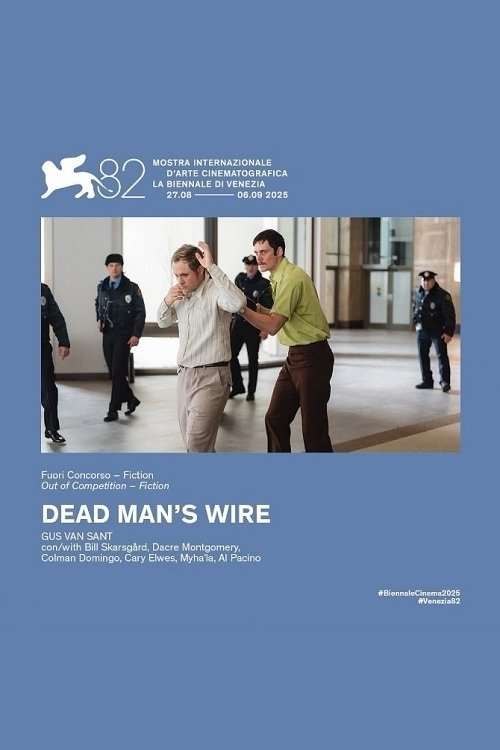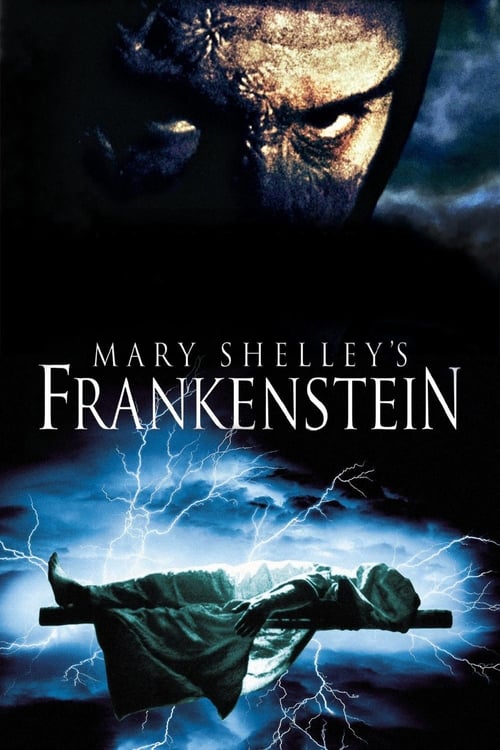
Ask Your Own Question
What is the plot?
In the dense, humid jungles of Vietnam in 1971, American infantryman Jacob Singer moves cautiously with his platoon through the underbrush, the tension thick in the air. Suddenly, chaos erupts. Amidst the confusion and gunfire, Jacob is stabbed with a bayonet by an unseen assailant during a violent, drug-fueled frenzy among the soldiers. He collapses, blood pouring from the wound, his consciousness slipping away as comrades frantically try to evacuate him. The helicopter that lifts him away is shot down, engulfed in flames, marking the true end of Jacob's physical life.
The film's narrative then shifts abruptly to New York City, years later, where Jacob is living a seemingly normal life with his girlfriend Jezzie (Elizabeth Peña). Yet, from the start, the veneer of normalcy cracks. At a party, a psychic reads Jacob's palm and chillingly tells him, "You're already dead." Jacob laughs it off, dismissing the ominous prediction as a joke. But soon, his reality fractures. He experiences terrifying hallucinations--one night, he witnesses a grotesque, enormous creature sexually assaulting Jezzie. The scene is nightmarish, visceral, and surreal, and Jacob collapses, gripped by fever and confusion.
Back at their apartment, Jezzie tries to care for him, forcing him into a painful ice bath to bring down his fever. Jacob's eyes flutter open briefly, and in a disjointed moment, he finds himself in an alternate reality where he lives with Jezzie and their son Gabe, who is alive in this version of his world. The warmth of family contrasts starkly with the cold, disorienting hallucinations that plague him.
Jacob's grip on reality weakens further as he navigates the streets of New York. He encounters demonic, faceless creatures lurking in crowds, cars, and subway trains--terrifying manifestations of his fractured psyche and unresolved trauma. At one point, he narrowly escapes being hit by a speeding subway train, a moment charged with tension and near-death symbolism.
Seeking answers, Jacob reconnects with his former platoon mate, Paul (Pruitt Taylor Vince), who reveals he is experiencing the same horrifying visions. Their reunion is tense and fearful, both men aware that something sinister is at work. Paul confides, "They did something to us in Vietnam... something we can't remember." As they leave a bar together, Paul's car suddenly explodes in a fiery blast, killing him instantly. The explosion is no accident--it's a calculated assassination meant to silence those who probe too deeply.
At Paul's funeral, the surviving platoon members confess they all suffer from similar hallucinations and paranoia. They suspect they were unwitting subjects of a secret military experiment designed to create super-soldiers. They hire a lawyer to investigate, but the lawyer quickly abandons the case after reading military files that deny any combat involvement and list the soldiers as psychologically discharged. The revelation shakes Jacob: their memories of combat were fabricated, and their mental torment may be the result of unethical drug tests.
Jacob's paranoia escalates when he is abducted by men in dark suits--agents intent on intimidating him into silence. The abduction is violent; Jacob fights back fiercely, managing to escape but sustaining severe injuries that leave him nearly paralyzed. He is taken to a nightmarish hospital, a surreal and oppressive place where he is told bluntly, "You are dead. This is your home now." The hospital corridors twist and distort, reflecting Jacob's liminal state between life and death.
In this bleak moment, Jacob's friend Louis, a chiropractor, arrives unexpectedly. Louis tends to Jacob's injuries and offers spiritual insight, quoting the 14th-century Christian mystic Meister Eckhart: "The soul is not born, it does not die; it is eternal." This moment plants the seed for Jacob's eventual acceptance of his fate.
Jacob's investigation leads him to Michael Newman (Matt Craven), a former Army chemist who reveals the harrowing truth behind their torment. Michael confesses that during the Vietnam War, he was coerced by the U.S. government to develop a drug called "The Ladder," designed to exponentially increase aggression in soldiers. The drug was tested on Jacob's platoon in preparation for a massive battle that never occurred. Instead, the drug drove the men into a psychotic frenzy, causing them to brutally kill each other before facing the enemy. The soldiers' memories of combat are false constructs, masking the reality that they died as a result of the drug experiment.
This revelation is a turning point. Jacob realizes that the life he has been living since Vietnam is a hallucination, a purgatorial state where he is trapped between life and death. His terrifying visions--the demonic creatures, the shifting realities--are manifestations of his mind struggling to let go of earthly attachments and move on.
As the film builds toward its climax, Jacob confronts his hallucinations with renewed clarity. He fights off the men in suits who continue to pursue him, symbolizing his resistance to accepting death. Yet, the fight is ultimately futile. In a poignant moment, Jacob tells Jezzie, "I'm going home," signaling his readiness to surrender to the inevitable.
Jacob hails a taxi and instructs the driver to take him home. The journey is surreal: the streets are shrouded in fog and darkness, evoking the mythological River Styx, the boundary between the living world and the afterlife. On the taxi's dashboard, a rosary beads rest, symbolizing spiritual protection and passage.
Arriving at his old family home, Jacob is greeted by a doorman who recognizes him, a sign that he is crossing into a realm beyond the physical. Inside, the house is dark and empty, but as dawn breaks, light floods the room. Jacob awakens on the couch, disoriented but peaceful. He walks into the hallway and sees Gabe sitting on the stairway, playing with toys. The sight is tender and heart-wrenching--Gabe, who was dead in Jacob's real life, is alive here in this liminal space.
Jacob embraces his son, whispering, "I'm sorry, Gabe." Gabe takes his father's hand and leads him up the stairs into a blinding white light, symbolizing Jacob's ascent to peace and acceptance of death.
The final scene fades to white as Jacob follows Gabe upward, leaving behind the torment of his fractured mind and the horrors of war. The film closes on this transcendent note, a visual metaphor for release from suffering and the embrace of eternal rest.
Throughout the narrative, every death is accounted for: Jacob dies in Vietnam from a bayonet wound inflicted by a fellow soldier during the drug-induced frenzy; Paul is assassinated by a car bomb; Jacob's doctor also dies in a car explosion, both victims of the shadowy forces trying to suppress the truth. Jacob himself is physically dead throughout the film, and the entire story unfolds in his mind's struggle to reconcile his past and accept his death.
In the end, Jacob's Ladder is a haunting exploration of trauma, memory, and the thin veil between life and death, told through the fractured consciousness of a man caught on the metaphysical ladder between worlds.
More Movies Like This
Browse All Movies →
What is the ending?
In the ending of "Jacob's Ladder," Jacob Singer, after a harrowing journey through his own mind and memories, comes to terms with his past and the trauma of war. He ultimately faces his own death, realizing that he is in a hospital bed, surrounded by the remnants of his life. The film concludes with Jacob accepting his fate, finding peace as he lets go of his suffering.
As the film approaches its conclusion, Jacob Singer, portrayed by Tim Robbins, is in a state of deep confusion and fear. He wanders through a series of increasingly surreal and nightmarish experiences, haunted by visions of his past, particularly his time as a soldier in Vietnam. The scenes are disjointed, reflecting Jacob's fractured mental state, as he grapples with the horrors he witnessed and the loss of his loved ones.
In one pivotal scene, Jacob finds himself in a hospital, where he is confronted by a nurse who seems to care for him but also embodies the chaos of his mind. He experiences flashbacks of his time in Vietnam, where he and his fellow soldiers were subjected to a government experiment involving a drug that caused hallucinations and paranoia. These memories are interspersed with visions of his deceased son, Gabriel, and his ex-wife, Sarah, who represent both his guilt and longing for connection.
As Jacob's journey continues, he encounters various characters from his past, including his friend and fellow soldier, Paul, who appears to be a ghostly figure. Paul reveals to Jacob that they are both trapped in a limbo-like state, struggling to come to terms with their deaths. This revelation deepens Jacob's understanding of his own situation, as he realizes that he is not just battling his memories but also the reality of his impending death.
In the final scenes, Jacob is shown lying in a hospital bed, surrounded by medical equipment. He is confronted by the truth of his condition: he is dying from the effects of the drug and the trauma he endured. As he lies there, he experiences a series of visions that blend his memories with the surreal, including a moment where he sees his son, Gabriel, who tells him to "let go." This moment is pivotal, as it signifies Jacob's acceptance of his fate and the release of his pain.
The film culminates in a powerful scene where Jacob, in a moment of clarity, embraces the idea of letting go of his suffering. He closes his eyes, and the imagery shifts to a bright light, symbolizing his acceptance of death. The final shot shows Jacob smiling peacefully, suggesting that he has found solace in the face of his mortality.
In terms of the fates of the main characters, Jacob ultimately succumbs to his injuries and the psychological trauma he has endured. Paul, who represents the ghosts of Jacob's past, is also revealed to be dead, trapped in the same limbo as Jacob. The nurse, who appears throughout Jacob's journey, symbolizes the care and compassion he craves but is ultimately a figment of his troubled mind. The film leaves viewers with a haunting yet poignant message about the struggles of facing one's past and the acceptance of death as a part of life.
Is there a post-credit scene?
The movie "Jacob's Ladder," produced in 1990, does not have a post-credit scene. The film concludes with a powerful and ambiguous ending that leaves viewers contemplating the nature of reality, trauma, and the afterlife. After a harrowing journey through Jacob Singer's experiences, the film ends on a poignant note, focusing on his acceptance of his fate. The absence of a post-credit scene aligns with the film's overall themes of closure and the exploration of the human psyche.
What is Jacob's profession and how does it affect his character development throughout the film?
Jacob Singer is a Vietnam War veteran who works as a postal worker in New York City. His profession plays a significant role in his character development as it reflects his struggle to reintegrate into civilian life after the trauma of war. The monotony of his job contrasts sharply with the chaos of his memories, highlighting his internal conflict and the haunting effects of his past.
How does Jacob's relationship with his girlfriend, Jezzie, evolve throughout the film?
Jacob's relationship with Jezzie, portrayed by Elizabeth Peña, is complex and fraught with tension. Initially, she appears as a source of comfort and support for Jacob, but as his mental state deteriorates, her presence becomes increasingly ambiguous. Jacob's paranoia and hallucinations lead him to question her loyalty and intentions, reflecting his deepening sense of isolation and fear.
What role do Jacob's hallucinations play in revealing his past and mental state?
Jacob's hallucinations serve as a crucial narrative device that unveils his traumatic experiences from the Vietnam War. These vivid and often disturbing visions blur the line between reality and illusion, illustrating his deteriorating mental state. They reveal his guilt, fear, and unresolved issues related to his comrades, particularly the traumatic memories of his friend Paul, who died during the war.
Who are the key figures in Jacob's life that represent his past, and how do they impact him?
Key figures in Jacob's life include his ex-wife, Sarah, and his deceased friend, Paul. Sarah represents a connection to his past life and the family he lost, while Paul embodies the guilt and trauma Jacob carries from the war. Their appearances in Jacob's hallucinations force him to confront his unresolved feelings of loss, guilt, and the consequences of his actions during the war.
What is the significance of the 'ladder' metaphor in Jacob's journey?
The 'ladder' metaphor in Jacob's journey symbolizes his struggle for understanding and redemption. Throughout the film, Jacob experiences a descent into madness, akin to descending a ladder into darkness. The ladder also represents the connection between life and death, as Jacob seeks to climb back to sanity and clarity amidst the chaos of his mind, ultimately leading him to confront the truth of his experiences.
Is this family friendly?
"Jacob's Ladder," produced in 1990, is not considered family-friendly due to its intense and disturbing themes. The film contains several potentially objectionable or upsetting scenes, including:
-
Graphic Violence: There are scenes depicting brutal violence and death, which can be quite shocking and unsettling.
-
Psychological Horror: The protagonist experiences intense hallucinations and nightmares that can be frightening and disorienting, showcasing themes of trauma and mental illness.
-
Drug Use: The film includes depictions of drug use and its effects, which may be disturbing for younger viewers.
-
Death and Grief: The narrative explores heavy themes of loss, grief, and the aftereffects of war, which can be emotionally taxing.
-
Nudity and Sexual Content: There are instances of nudity and sexual situations that may not be appropriate for children.
-
Disturbing Imagery: The film features surreal and grotesque imagery that can be unsettling, contributing to an overall atmosphere of dread.
These elements combine to create a film that is more suitable for mature audiences, as it delves into complex and often dark psychological themes.



